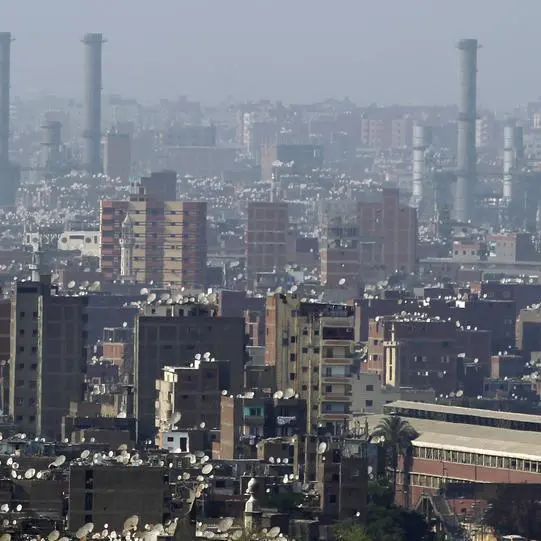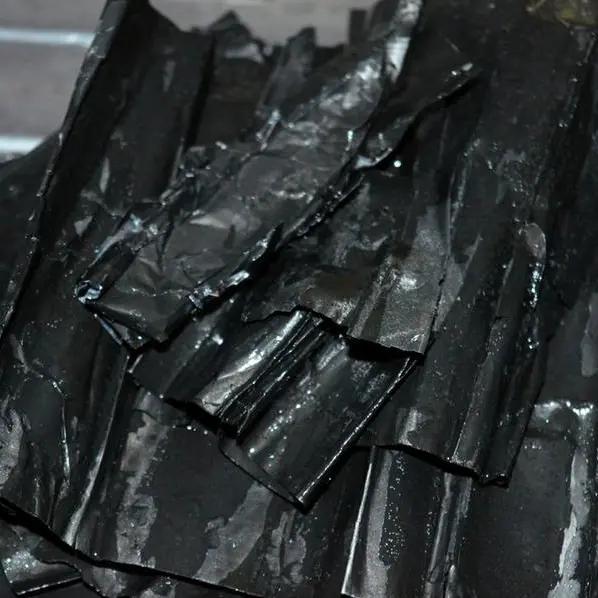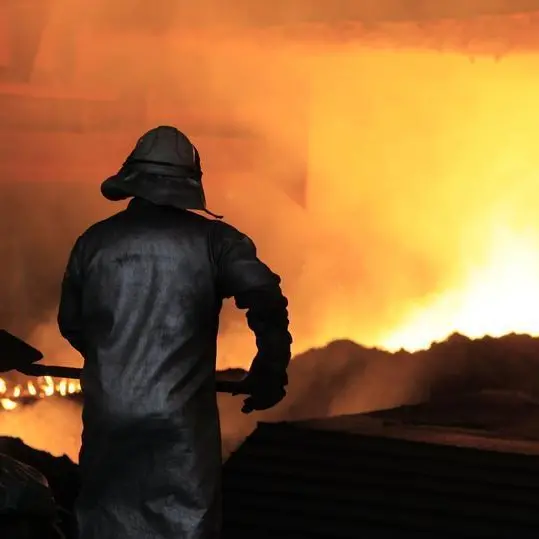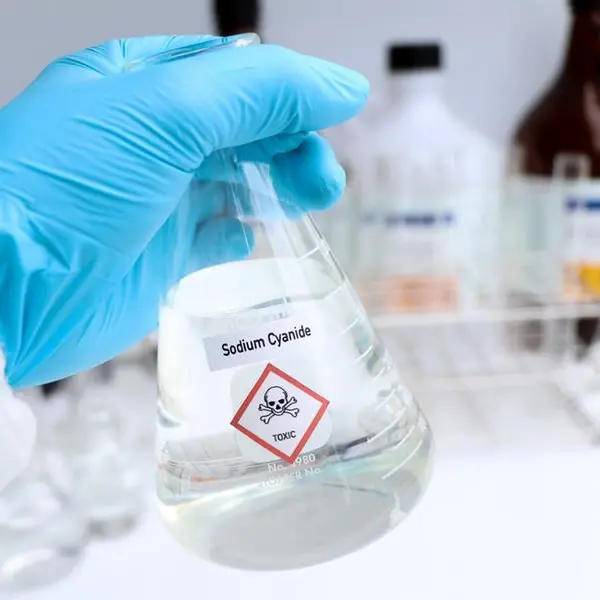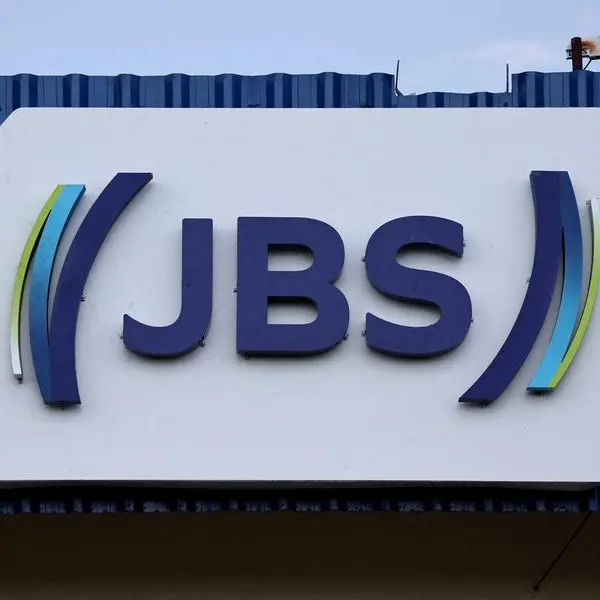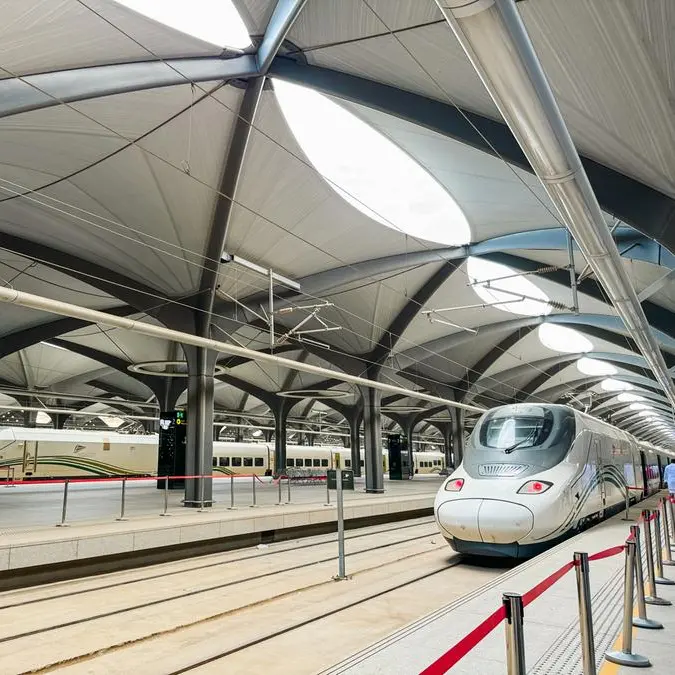PHOTO
Saudi petrochemical giant SABIC expects energy and feedstock prices to remain volatile this year, with petrochemical markets feeling the continued pressure due to additional capacities coming online in 2022.
“Demand for products such as PE, PP and MEG will not increase in 2023 to such levels that operating rates and margins return to long-term average levels,” the Saudi-listed company said in its board report for 2022.
The petrochemical major is, however, bracing for the possible impacts of recessions in Europe and the United States that will affect economies and could last at least until third quarter of 2023.
Growth in China is expected to be impacted due to the upsurge in COVID-related cases in first quarter, but the Chinese economy is likely to recover significantly after winter due to the lifting of all COVID-related restrictions.
“We expect energy and feedstock prices to remain volatile and at relatively high levels due to constraints in supply and upstream underinvestment in recent years,” the report said.
Global LNG prices are forecast to remain elevated as Europe needs to refill its stocks for winter 2023-24. Besides, additional demand from China is expected due to economic recovery, while LNG terminals are already operating close to maximum rates.
These energy-related effects, along with various macro-effects outside the control of the industries, are predicted to result in a volatile and ambiguous market through 2023.
Moving forward, sustainability will continue to play an increasingly important role.
“We expect continued pressure on the industry to act on plastic waste, to utilise waste as a feedstock, and to take meaningful steps to reduce and eliminate the greenhouse gases released in our manufacturing processes,” SABIC said.
“There will be increased focus to mitigate high energy and feedstock prices as we shift to a circular economy,” it added.
SABIC anticipates global industrial production growth to experience a slowdown in response to stalled economic reforms.
Given the significance of exports for many of Asia Pacific’s economies, a considerable slowdown in world trade will likely damage the region’s industrial production and exports.
APAC economies have already been harmed by the volatility in the financial and currency market during 2022, the report said, adding there is a risk that the degree of damage could extend and intensify in 2023.
However, industrial production in China can grow further in 2023, depending on China’s stance on its zero-COVID policy and lockdown strategy, SABIC said.
(Writing by D Madhura; Editing by Anoop Menon)

